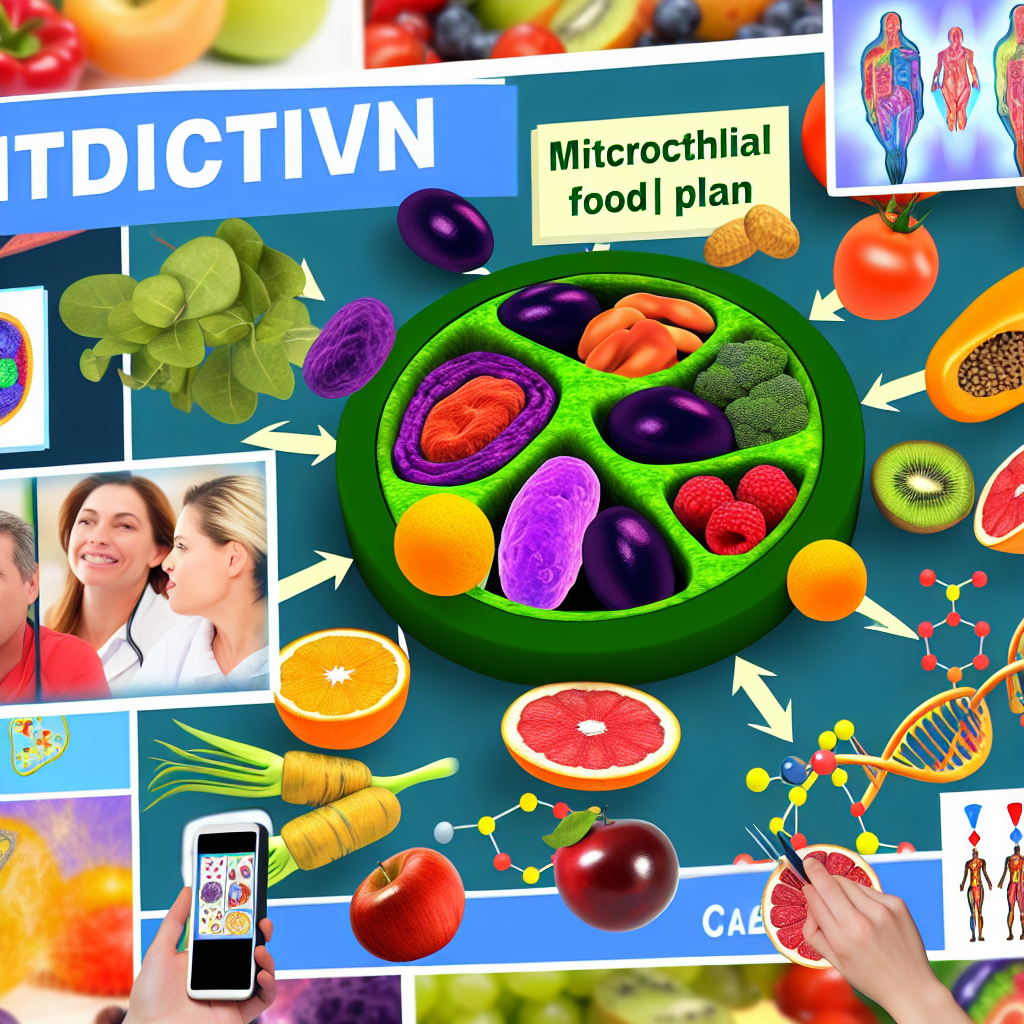Food Rotation Therapy: Avoiding Sensitivities While Maximizing Nutrient Diversity
Introduction: A Natural Strategy for a Growing Health Concern
In an era where food allergies, intolerances, and sensitivities are on the rise, more people are turning toward natural methods to restore gut health and reduce immune system overreactivity. One emerging and holistic method gaining attention is Food Rotation Therapy — a strategic dietary approach rooted in naturopathic principles and endorsed by many wellness professionals.
Rather than eliminating entire food groups indefinitely, this therapy is about reintroducing and rotating foods intelligently to reduce the risk of developing intolerances and to foster optimal nutrient intake.
Food sensitivities differ from allergies in that they engage different immune responses and often lead to chronic, low-grade inflammation. People with compromised gut health, leaky gut syndrome, or those who have consumed the same foods repetitively for extended periods may begin to experience bloating, fatigue, headaches, skin issues, and other systemic symptoms. Food Rotation Therapy offers a simple yet potent framework for breaking these inflammatory cycles and restoring balance.
The Heart of Food Rotation Therapy: Rotate, Don’t Repeat
The core principle behind food rotation is simple: instead of eating the same foods every day, you rotate them across a four-day cycle to minimize repeated exposure. For example, if you eat chicken on Monday, avoid it for the next three days and only consume it again on Friday.
This principle applies not only to proteins but also to grains, vegetables, fruits, spices, and even cooking oils. By rotating food categories and families, you reduce the potential for the immune system to develop a hypersensitivity reaction.
At the same time, food rotation supports nutrient diversity—something sorely lacking in the standard Western diet. Nutrient diversity ensures different phytonutrients, vitamins, and minerals are regularly introduced, which enhances detoxification pathways, immune modulation, and gut flora variety.
When done correctly, food rotation becomes both a preventive and therapeutic measure for chronic inflammation, autoimmune flares, and other diet-responsive conditions.
Scientific Backing: What the Research Says
A growing body of research validates the foundational ideas behind Food Rotation Therapy, especially in the domains of food sensitivity management, gut health, and immune system modulation.
Study #1: Reducing Immune Overreactivity with Rotation
A 2017 study published in the World Journal of Gastroenterology explains how repetitive food exposure can amplify antigenic responses in individuals with compromised gut integrity. The authors point to dietary rotation as a viable, non-pharmacological strategy to minimize immune sensitization and promote intestinal healing.
Read Study
Study #2: Microbiome Magic Through Dietary Diversity
Another pivotal study in the Journal of the American College of Nutrition (2014) found that higher dietary diversity—especially of plant-based foods—was associated with more diverse and resilient gut flora. This microbial diversity is linked to reduced inflammation, better weight regulation, and stronger immunity.
Read Study
Functional Medicine Endorsement
According to a 2015 white paper by the Institute for Functional Medicine, rotational diets assist in identifying subtle food sensitivities that standard allergy tests often miss. This method of exposure-minimization and staggered reintroduction helps practitioners manage chronic issues like eczema, IBS, and autoimmune conditions.
Read White Paper
Harmony Through Diet: Homeopathy & Traditional Wisdom
From a naturopathic and homeopathic standpoint, Food Rotation Therapy supports the immune system by reducing overstimulation caused by repetitive antigen exposure.
In these natural systems, health is viewed holistically — with balance and adaptiveness being signs of well-being. By cycling food groups, the immune system isn’t overwhelmed by constant confrontation with the same potential irritants. Instead, it is gently exposed, allowing for modulation rather than hypersensitivity.
Likewise, rotational eating fits seamlessly with both Ayurvedic and Traditional Chinese Medicine frameworks. These systems emphasize the importance of dietary variety to avoid “stagnation” and encourage optimal energy flow (prana or qi). Mixing different elemental properties across days ensures the body remains harmonized and vital.
Practical Benefits of Food Rotation Therapy
– 🧩 Reduces risk of developing new food sensitivities
– 🌿 Encourages consumption of a wide range of nutrients
– ⚖️ Supports gut healing and microbial variety
– 🔄 Helps identify hidden or delayed food reactions
– 🔄 Prevents immune overstimulation and chronic inflammation
– 🧘 Complements natural healing systems (homeopathy, Ayurveda, TCM)
Conclusion: Structure Your Diet for Resilience and Radiance
In today’s health-conscious world, Food Rotation Therapy offers a powerful, natural tool for those looking to minimize food sensitivities while maximizing nutrient intake.
Unlike restrictive elimination diets, this strategy empowers individuals to vary their food choices regularly—reducing immune hypersensitivity and supporting holistic well-being. With increasing clinical and scientific validation, it becomes clear that the pathway to greater health does not lie in more exclusion, but in smart, structured inclusion.
Whether you suffer from digestive issues, mysterious fatigue, or skin breakouts, incorporating rotational eating into your lifestyle might be the missing link. It functions as both a healing and preventive protocol, seamlessly integrating with other natural healing techniques.
Ultimately, food is not only fuel; it’s information. By carefully managing this information through diversity and rotation, we promote balance, resilience, and long-lasting vitality.
Explore your plate with wisdom — and let food diversity become your pathway to healing.
## References
1. [World Journal of Gastroenterology – Intestinal permeability and its role in food sensitivities](https://www.ncbi.nlm.nih.gov/pmc/articles/PMC5473943/)
2. [Journal of the American College of Nutrition – Dietary diversity and gut microbiota](https://pubmed.ncbi.nlm.nih.gov/24646844/)
3. [Institute for Functional Medicine – Food Sensitivities: Functional Medicine Approach](https://www.ifm.org/news-insights/food-sensitivities-functional-medicine-approach/)
—
## Concise Summary
Food Rotation Therapy is an emerging natural approach that helps reduce the risk of developing food sensitivities while promoting nutrient diversity and gut health. By strategically rotating food categories on a 4-day cycle, this method supports immune modulation, prevents chronic inflammation, and complements holistic healing frameworks like Ayurveda and Traditional Chinese Medicine. Research validates the benefits of this dietary strategy for managing food-related issues and optimizing overall wellbeing.

Dominic E. is a passionate filmmaker navigating the exciting intersection of art and science. By day, he delves into the complexities of the human body as a full-time medical writer, meticulously translating intricate medical concepts into accessible and engaging narratives. By night, he explores the boundless realm of cinematic storytelling, crafting narratives that evoke emotion and challenge perspectives.
Film Student and Full-time Medical Writer for ContentVendor.com




